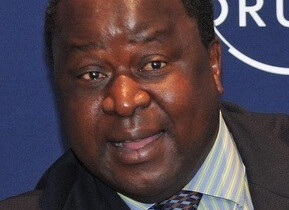The new visa regulations for minors and other categories have sent the travel trade into a frenzy, labelling international conferences as a further casualty with possibilities of such reduced numbers as to warrant perhaps independent event practitioners seeking alternate sources of remuneration. Alarming suggestions of even curtailing CTICC’s expansion programme has not been spared.
The MICE Academy’s statistics indicate that 65% of all event undertakings are home-grown with capacities from as low as 20 to as high as over 2 000. The corporate market has the lion’s share of well over 50% while the association and public sector make up the rest.
Within the corporate market both educational and client events take place with a less than 25% of representation emanating from outside South Africa. Within the association market the picture is a tad different dependent on the definition of what constitutes an ‘international’ conference as far as delegation demographics are concerned. Rule of thumb is around 30% of a non-resident delegation is regarded as international.
In sourcing comment on the sensational concerns of the travel trade to the international group business market’s supposed challenges – both the corporate and association sectors provided under-belly information which shows the differing views between a MICE buyer and the travel trader with all the various industry acronyms in-between.
The main inputs are: Government has warranted concerns regarding international trade shows and conferences with foreign delegations. Associations with a greater chance for partner/spouse/family programmes – once confirmation of attendance is received from South Africa, the occasions of non-return to their country of departure could be too high for comfort. Hence prominent organisers have developed a sound policy to counter this challenge.
A spot survey from the corporate/association perspective on reaction to the new immigration regulations has suggested the opposite to the travel trade’s concerns.
Some of the highlighted inputs are that similarly to corporate scarce skills contracts, where there has been no repercussions – perceived or otherwise – the same views are expressed for external employees attending educationals in South Africa or association participation.
Either the travel trade will need to operate administratively in a more savvy manner or the corporate/association buyer will use technology such as video-conferencing to overcome any negative impact on participation.
The stark differences are clear. The travel trade appear to view international conferences from the travel, accommodation and ground arrangement perspective. The MICE component being secondary to the financial bottom-line.
Yet many within the travel trade pride themselves on their MICE organising abilities dispelling the need for the highly proficient independent organiser.
There is a wake-up call which the end-user/buyer both corporate and association are starting to heed – that is ensuring a square hole for a square peg when dealing with travel and MICE.







